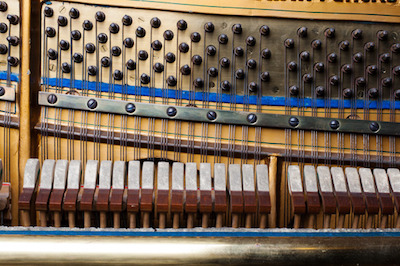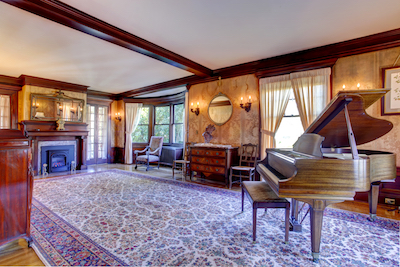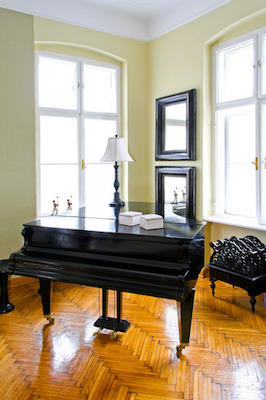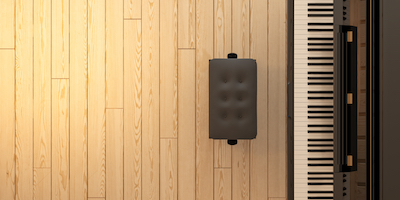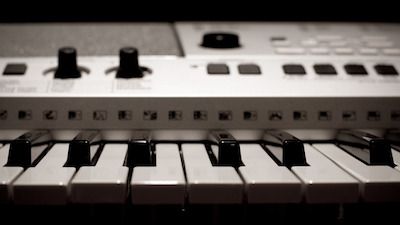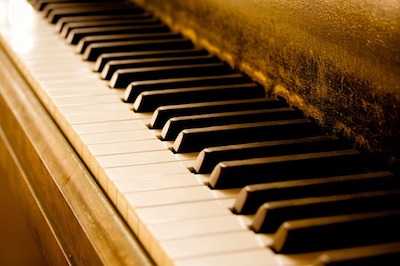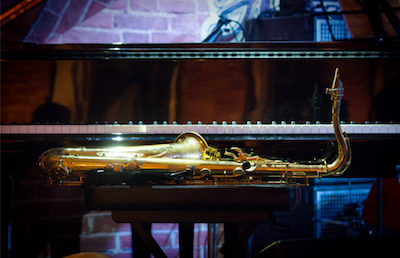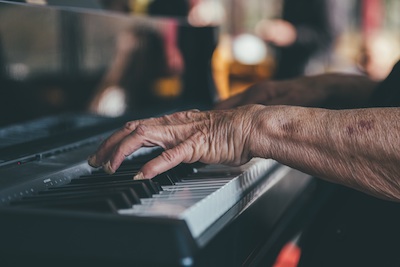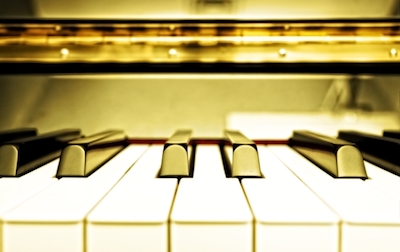Did you have music in your life? It was far more commonplace a few decades ago then it is in today’s classrooms.
A lot of us grew up with a piano in the living or family room. An equal amount of us grew up playing an instrument in the band or orchestra in school. It was a popular activity, one many of us carried with us from elementary to junior and senior high school.
Looking back, what did you enjoy most about playing in the school band? Chances are it was the group interaction. It wasn’t just you making music; your friends were all there too. You played together and stayed together as you moved from one grade to the next. 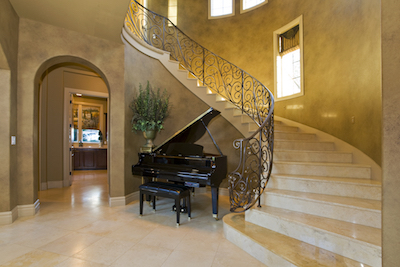
That’s what group piano is. It’s social. It’s a dynamic way to learn the piano where kids develop their keyboard skills while sitting with their peers who encourage and support one another. By being a part of a group, it has the potential to generate enthusiasm and motivation that could otherwise be lost from being isolated and alone.
If you’ve ever walked in on a group lesson before, you’ll discover one thing: it’s loud. Imagine multiple people hammering out the same song as they go along. Sometimes they’re together – sometimes they’re not. But as they play they listen, which helps them develop a better sense of rhythm and tempo. In the same way you used your fellow band members to listen and keep you up to speed, that’s what group piano is all about. It’s about a little friendly competition to keep them on track. And best of all, they’re having fun.
Playing together also fosters the right conditions for problem solving.
In order to change it up, piano teachers often give students homework to “compose” things on their own. When you do this as a group, interesting things can happen. If you give them a chance together, they can generate many possible ways of exploring a concept. This means the teacher is merely a facilitator with the students discovering direction all on their own. They push each other. They play together. They critically look at the situation and help move each other forward.
And should we say: this is learning at its best!
Because at the end of the day, it’s all about helping your kids become the best they can be. And if that means introducing critical thinking skills and making the discovery process even more enjoyable, imagine what piano playing could do for their self-esteem.
Group piano – it may be just the thing your child needs.
